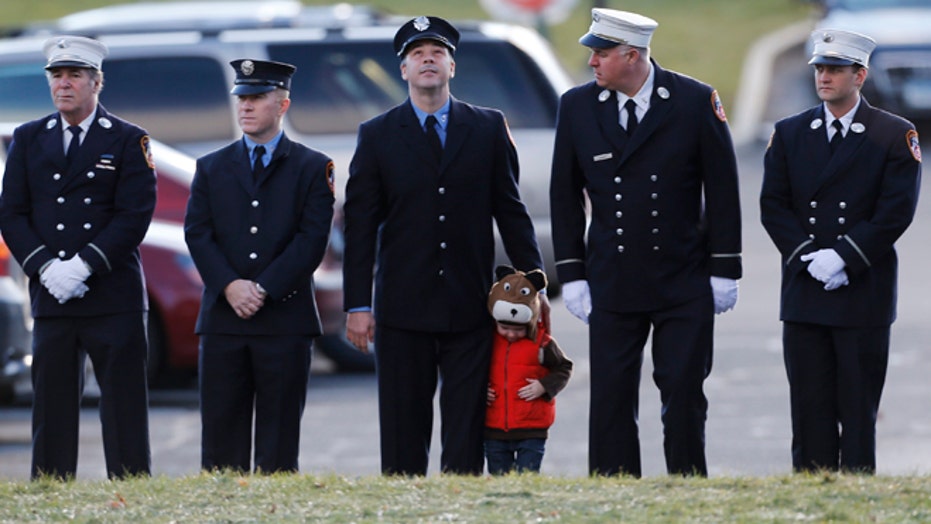LOS ANGELES – A week after the devastating Sandy Hook Elementary massacre, in which a lone gunmen killed 27 people including 20 young children, the Motion Picture Association of America (MPAA) entered the fray vowing to take a long hard look at onscreen violence.
"I have reached out to the administration to express our support for the president's efforts in the wake of the Newtown tragedy," stated Christopher Dodd, chairman and CEO of the MPAA, a trade organization which represents the six major U.S. film studios and acts as the voice and advocate for the motion picture, home video and television industries. "Those of us in the motion picture and television industry want to do our part to help America heal. We stand ready to be part of the national conversation."
But some entertainment professionals we spoke to expressed skepticism over Hollywood's commitment to explore the effects film violence may have on young viewers, while others wondered if they bear any responsibility at all.
Melissa Henson, rep for the Parents Television Council, said the MPAA statement “amounts to very little,” and it is all an “empty sentiment until they actually do something to change business as usual in Hollywood.”
Movieguide’s Ted Baehr was also critical. “There will be very little change until people in the entertainment industry accept some responsibility," Baehr said. "The research is clear; and, they live off the influence of advertising: so, they should accept their share of responsibility.”
Others said it was unlikely that Hollywood would reduce or restrain the content of its violent action film genre, which has for years proven to be its biggest box office draw. In 2012, many of the Top 10 domestic earners were violent films, including “The Avengers,” “The Dark Knight Rises,” “The Hunger Games” and “Skyfall."
“Posturing about being ready to talk and actually doing something are two very different things. Given the tragic event in Connecticut, the MPAA must participate in the national conversation, doing otherwise would be a huge mistake from a public relations perspective,” crisis management expert Glenn Selig said. “It is unlikely that Hollywood will do anything to reduce the amount of violence particularly if the public demands it or continues to support it by going to movies because it would be counterproductive to the creative license that Hollywood represents, and to studios’ bottom lines.”
Madison Jones, co-chair of film development company de Passe Jones Entertainment is not surprised by the MPAA’s move, but says censorship simply won’t work.
“This reaction is only human. People want to ‘do something’ after a shocking tragedy like this. Censorship is not the answer but people, even politicians, need to feel they are not just sitting around doing nothing,” he said.
And according to film producer, author and movie marketer Mark Joseph, expecting the MPAA to take any meaningful action to address violence in entertainment is like “expecting the NRA to be in charge of a gun buy-back program.”
However, other industry vets say Hollywood can, and should, do more.
“There is a ton that the movie industry can and should be doing on the topic of America's culture of violence. Millions of families will go to movies this weekend where there will undoubtedly be inappropriate and violent trailers with little respect for the children and families in the audience,” said Jim Steyer, CEO of Common Sense Media. “Millions more will watch violent movie ads and promos during football games and other sporting events on TV, as well as during other supposedly family friendly programming. We are glad to hear Senator Dodd express his heartfelt concern as the head of the MPAA and as a father. We would like to see action now. As they say in the movies, talk is cheap...and actions speak louder than words.”






